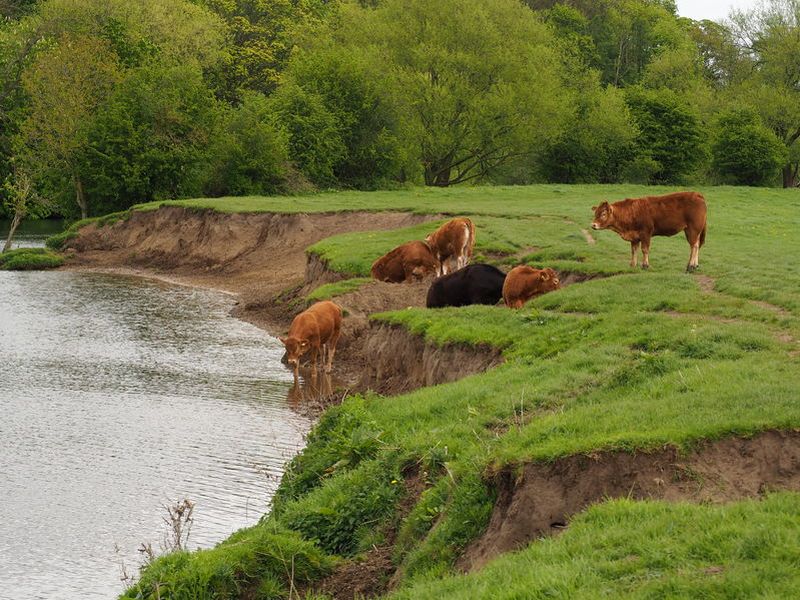
Over 150 young farmers and agricultural students who hold innovative ideas for running a productive farm while caring for the environment have received a major award.
Ideas brought forward include using a tramline to reduce the risk of water pollution and methods to stop cattle from drinking directly out of rivers to avoid damage to river banks.
Farmers, agricultural students and land managers worked together on projects to address the impact of different farm practices on their local natural environment and farm business.
These projects were then developed into plans and presented to a panel of judges, with the participants demonstrating how they would care for the environment and run a successful farm whilst protecting local water and air quality.
The initiative is part of the Great Farm Challenge, spearheaded by Natural England, the Environment Agency, Defra and water companies.
Last week, regional award ceremonies were held in recognition of over 150 young farmers and their solutions to future farming.
They focused on minimising run-off from pesticides, nutrients and suspended solids such as sediment and algae that can be problematic for aquatic life, whilst also looking at ways to improve air quality and use water wisely on the farm.
Using a case study farm, some of the challenge's participants discovered the management of tramlines could be an effective way to reduce the risk of sediment and phosphorus pollution of surface water.
They presented their plans to change the direction of the tramlines to reduce the amount of sediment and pesticides moving into the water course from crop spraying, and advised the farmer to plough across slopes to avoid tramlines moving down slope.
To avoid soil run-off into the water course, the students also proposed adding grass or vegetative buffer strips or crop parallel to the water course to catch sediments and pesticides.
Notably, one agricultural college discovered the farm had not conducted soil testing in 15 years, as it is recommended by the government that soil testing should be conducted every three years.
Others looked at ways to prevent cattle from drinking directly from the river to avoid poaching and river bank damage, and came up with the solution of using water bays for cattle to drink from instead of the river.
Participants also noted that farmers could seek advice from their local Catchment Sensitive Farming Officers to find out what grants are available to help fund some of these actions.
This year marks the 8th Great Farm Challenge. Since starting in 2011, over 1,170 young people have participated in improving water and air quality through best practice on farms.
